These are 9 of the Most Controversial Topics in the Church Today

What is the Christian view on gay marriage? Are spiritual gifts biblical? Can Christians drink alcohol? These are some of the topics that often cause heated controversy within the church today. Christians take very different opinions on these issues and both sides refer to Scripture to support their views. Discernment is certainly necessary, even among a group of believers in today's culture. Whatever your views on each of these topics, hopefully reading this list of the areas where the church often experiences division will encourage us as Christ-followers to strive for unity within our own churches and even across denominations, because although there is much division and controversy among the broader church, there are also core doctrines that unite us.
Photo courtesy: Thinkstockphotos.com

1. Gay marriage
Gay marriage and whether it should be allowed in the church is certainly at the top of the list of modern-day controversial subjects. One need not search current headlines for long to find evidence of this controversy.
This issue has caused division among many denominations. The Presbyterian Church (USA) supports it, while the Presbyterian Church in America (PCA) and others do not support it, for example.
But perhaps nowhere is the controversy surrounding this issue more prevalent than in the Anglican Church. In recent years (and even months), the Anglican Church has softened its stance toward gay marriage and gay priests, but there is still much opposition. Some have called on the church to be more welcoming of LGBT individuals, some go so far as supporting gay clergy and granting them the rights to perform same-sex marriages, while others remain firmly committed to the traditional definition of marriage.
Photo courtesy: ©Thinkstock/dolgachov
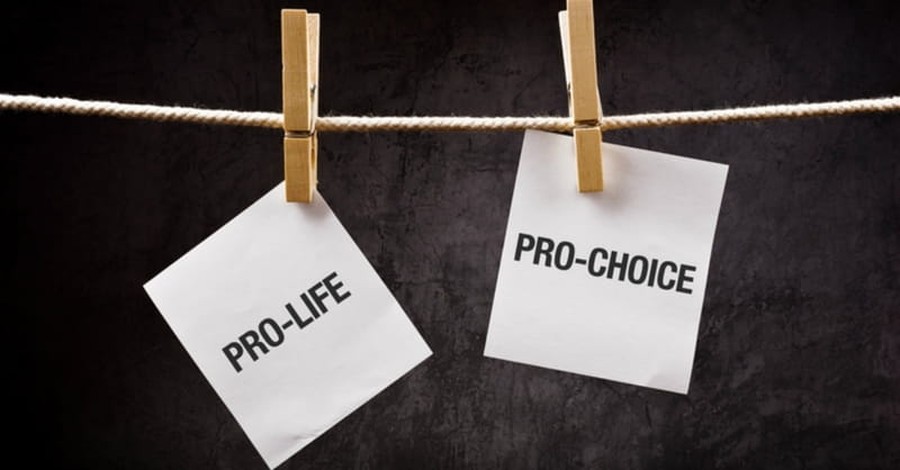
2. Abortion
At first, one might think this subject is not so controversial within the church as it is between those in the church and those without. However, as a recent Pew Research Center study shows, those who claim to be religious yet don't associate themselves with a particular denomination actually are mostly in favor of abortion, with only 17 percent opposing it.
Still, a majority of Christians are pro-life, but the subject remains a controversial one within the church, especially when it comes to the argument that pro-life should mean more than simply "pro-birth."
Photo courtesy: ©Thinkstock/Stevanovicigor
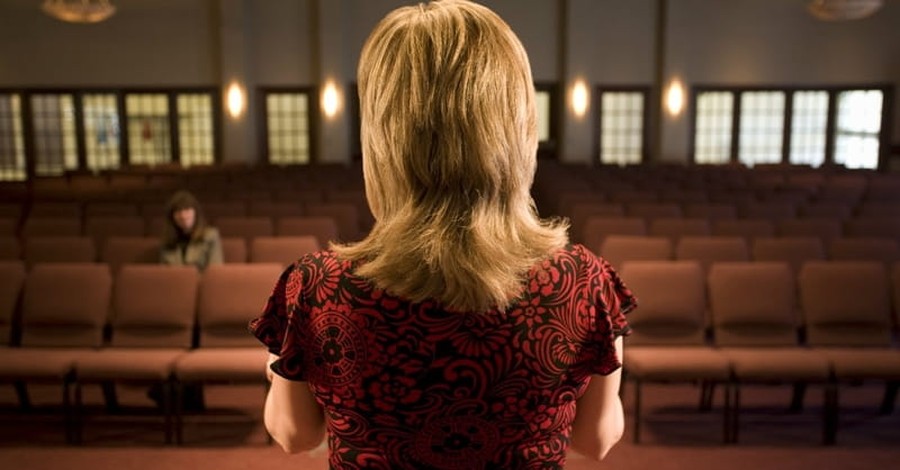
3. Women in leadership
The issue of women teaching/preaching in church can quickly become heated. Again, more conservative denominations tend to be against women in leadership roles, while more liberal denominations tend to accept it.
Recently, there has been a particular crisis on this issue with the rise of Christian women bloggers. The online presence and followers these women have is substantial and has caused some within Christianity to question their authority, even though they are not preaching/teaching in a traditional church setting.
Photo courtesy: Thinkstockphotos.com
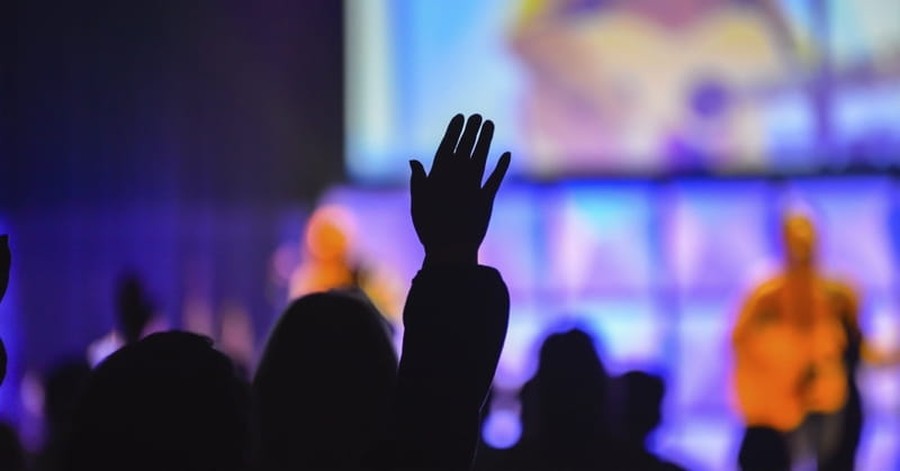
4. Type of worship music
Contemporary or traditional? Hymns or modern worship songs? This is definitely an issue that tends to spark debate within many churches. It's often even a deciding factor when someone chooses a church to belong to. This issue also tends to divide believers between older and younger generations.
Even certain instruments can be controversial. A drum set might not be considered acceptable in some churches, while another church may have an entire praise band with a full range of instruments.
Some churches have attempted to resolve the controversy by using both traditional and contemporary songs intermixed during their worship services or even providing two different services--one more traditional and one more modern.
Photo courtesy: Thinkstockphotos.com

5. Spiritual Gifts
Although spiritual gifts are mentioned several times in the New Testament, different church denominations have different interpretations of what it truly means to have and use a spiritual gift.
The spiritual gift of speaking in tongues tends to be the most controversial of any spiritual gift. While Pentecostals fully affirm this spiritual gift, other denominations have gone so far as so say that speaking in tongues is offending the Holy Spirit.
Other Christians embrace spiritual gifts and even encourage congregants or church staffers to take spiritual gift tests to see where they are best equipped to serve.
Photo courtesy: Thinkstockphotos.com
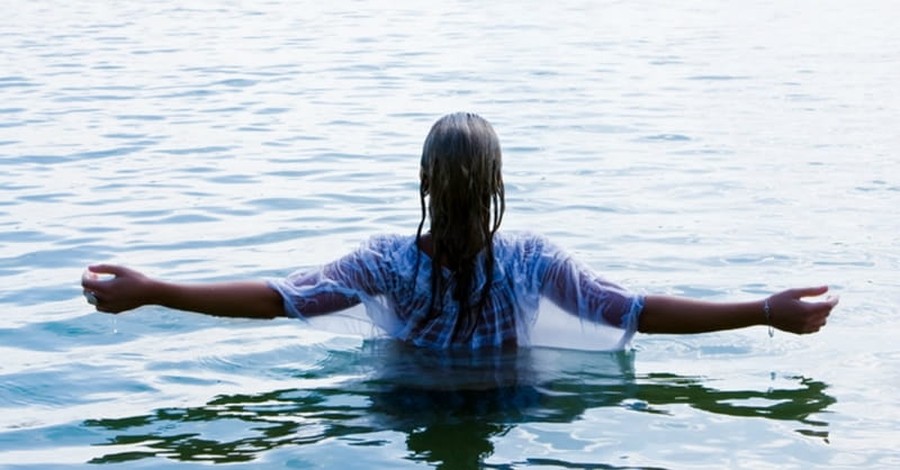
6. Baptism
Although practically all churches practice baptism, baptism rituals in different denominations not only vary in practice but in theology. There has been a heated debate within the church for centuries on whether the Bible promotes infant or only believer baptism.
More liturgical churches even tend to give the impression that baptism is essential for salvation, while others don't seem to put a lot of weight on it. Some churches also baptize infants but see it not as evidence of salvation, but rather as a commitment by the child's family and church body to bring up the child in the fear of the Lord. In this way, infant baptism is more like a dedication of the child.
Still, other churches only baptize those who are old enough to make a profession of faith of their own free will.
Christians also have opinions on how and where baptisms should take place -- by the sprinkling of water, by pouring water on someone, or by full immersion.
Photo courtesy: ©Thinkstock/Jose antonio Sanchez reyes
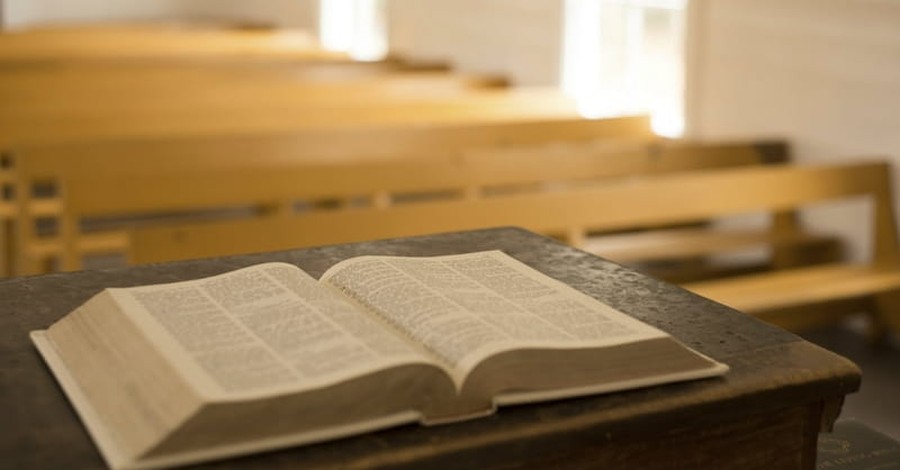
7. Politics from the Pulpit
Should ministers talk about politics or endorse a specific political party or view from the pulpit?
Churchgoers have very different views on the subject, but the controversy isn't confined to the church. In 2017, President Trump signed an executive order ceasing enforcement of the Johnson Amendment, which prohibited a church as a nonprofit entity from endorsing and promoting a particular political party or candidate. Many championed the executive order, saying that it gave churches more religious freedom, but others maintained that siding with a certain political party is not something a church should be doing.
Photo courtesy: Thinkstockphotos.com

8. Alcohol
Can Christians drink alcohol? This question opens up all kinds of debate within the church. Many churchgoers believe Christians should completely stay away from alcohol, bars, and anything that has to do with drinking since the Bible condemns drunkenness and instructs Christ-followers to be sober-minded.
Other churchgoers, however, believe that consuming alcohol in moderation is not a sin. These Christians often argue their point from 1 Corinthians 8 in which the Apostle Paul says, "Be careful, however, that the exercise of your rights does not become a stumbling block to the weak." Many take this to mean, by the context surrounding it, that drinking alcohol is permitted, but Christians should be careful not to cause someone who is prone to alcohol abuse or someone who believes it is a sin, to stumble in his/her faith by seeing another Christian drinking.
A church's views on alcohol can even be seen sometimes in the worship service; some churches use grape juice for Communion, while others use wine.
Photo courtesy: Thinkstockphotos.com
9. Critical Race Theory
Critical Race Theory, sometimes called “cultural Marxism,” is defined by Ed Weekly as an academic concept that views race as “a social construct” and “racism [as] not merely the product of individual bias or prejudice, but also something embedded in legal systems and policies.” Christian apologist Neil Shenvi further described CRT as “an ideology that divides the world into oppressed groups and their oppressors and aims to liberate the oppressed.”
In recent years, the concept, which is highly debated, has been brought to the forefront of public consciousness.
While the Church as a whole believes that racism is a sin, some see CRT as a method for pitting different racial and ethnic groups against each other. In some cases, Christians have pushed back against the concept, asserting that we are all made in the image of God and have intrinsic value regardless of our race. In 2021, presidents of the five Southern Baptist seminaries even issued a statement asserting that any version of Critical Theory is incompatible with the Baptist Faith and Message.
Popular pastor Voddie Baucham agreed with the SBC seminary leaders, arguing that CRT is
"at odds with Christianity because it takes the problem of racism out of the individual heart and puts it out there somewhere in systems and structures."
He added, "Christ came to redeem us from our sin and our sin is in here, not out there."
Others, however, see the concept as an essential part of overcoming deeply rooted and systematic racism.
Texas Pastor Ryan Price argued that “in the church, we have a saying, keep your hand on the plow, you're plowing hard ground." He continued, "The roots of racism and inequity are deep… more reason to hold on tight and keep at it for the sake of truth, humanity and unity.”
Some topics based on the Christian Media Magazine article "5 Controversial Issues in the Church Today."
Photo courtesy: ©Getty Images/U. J. Alexander







